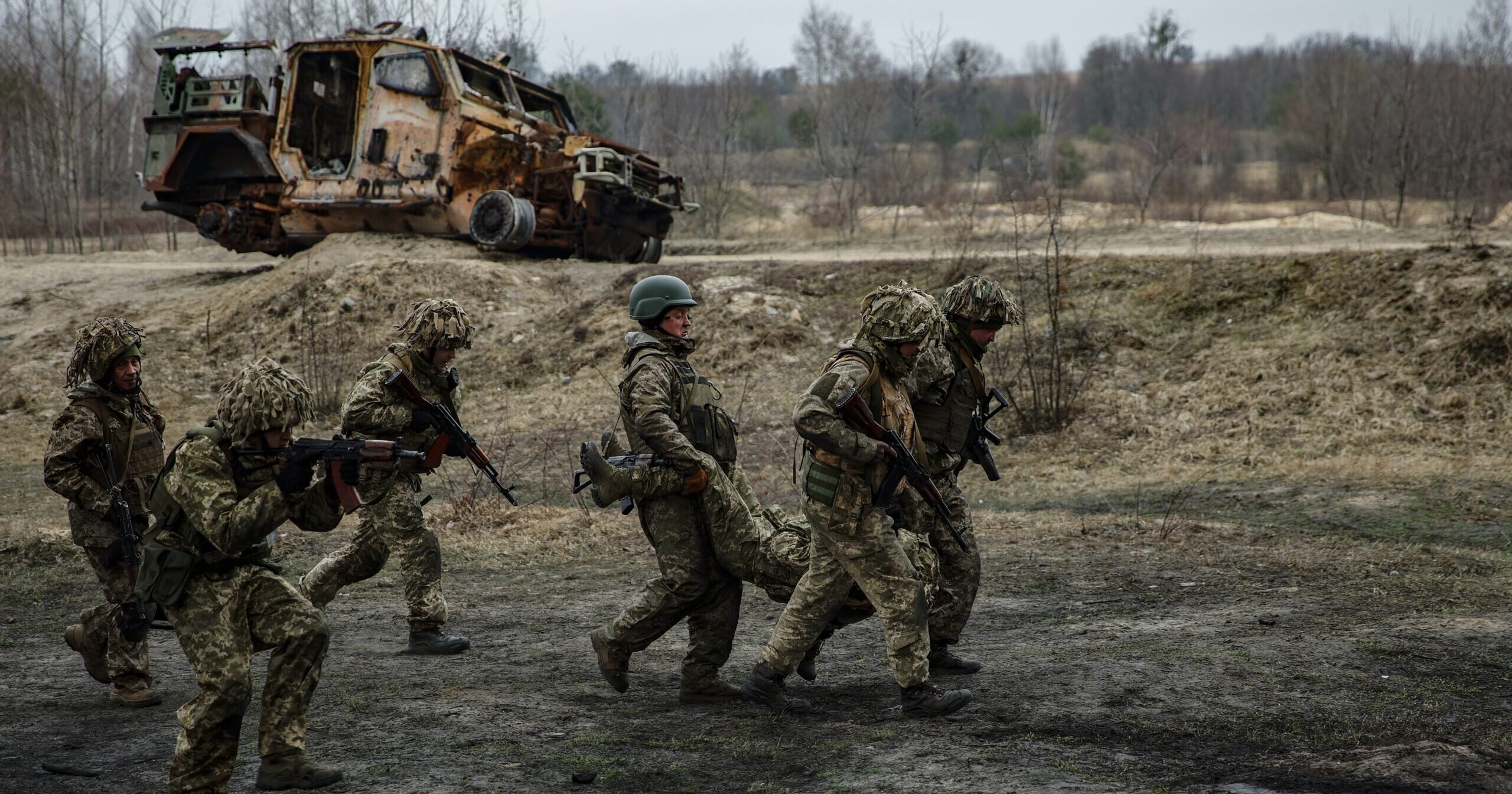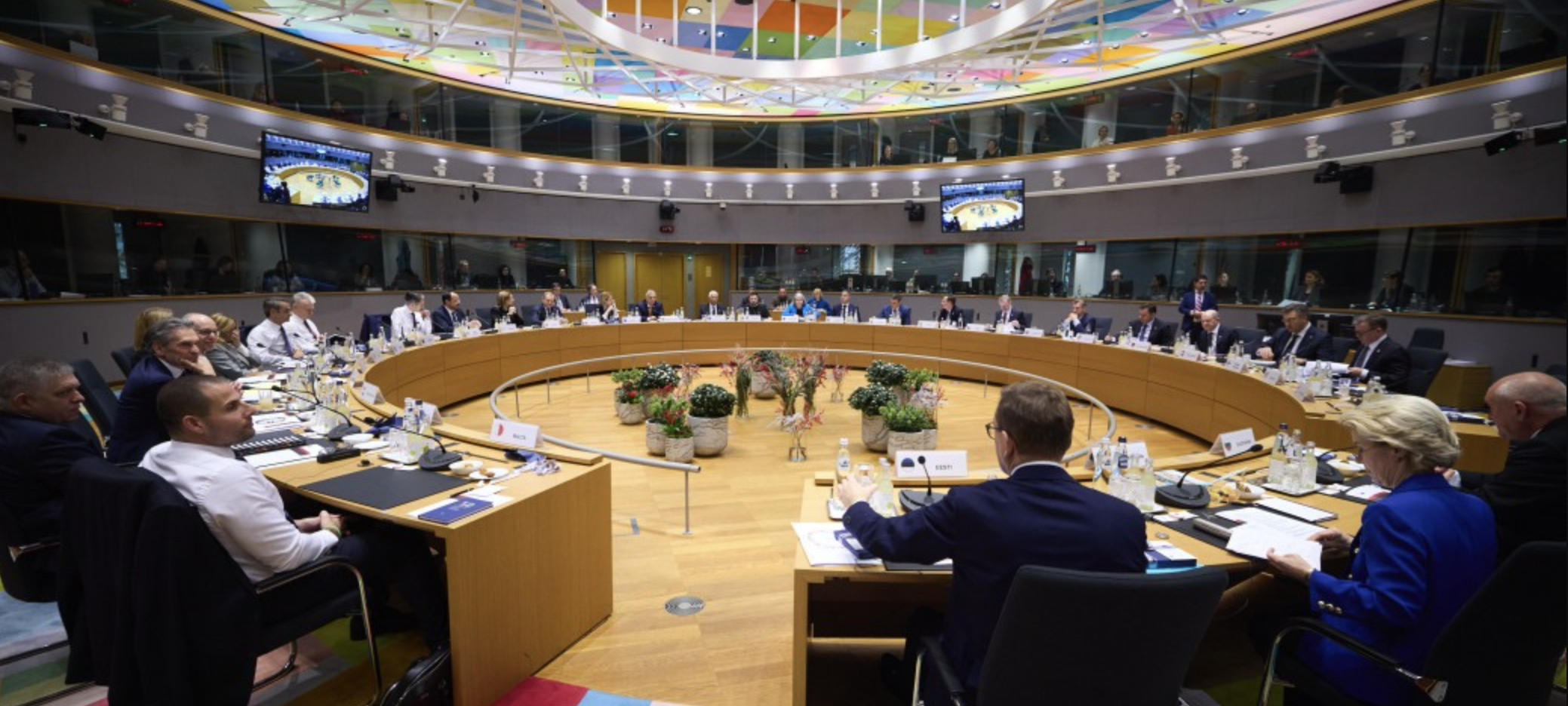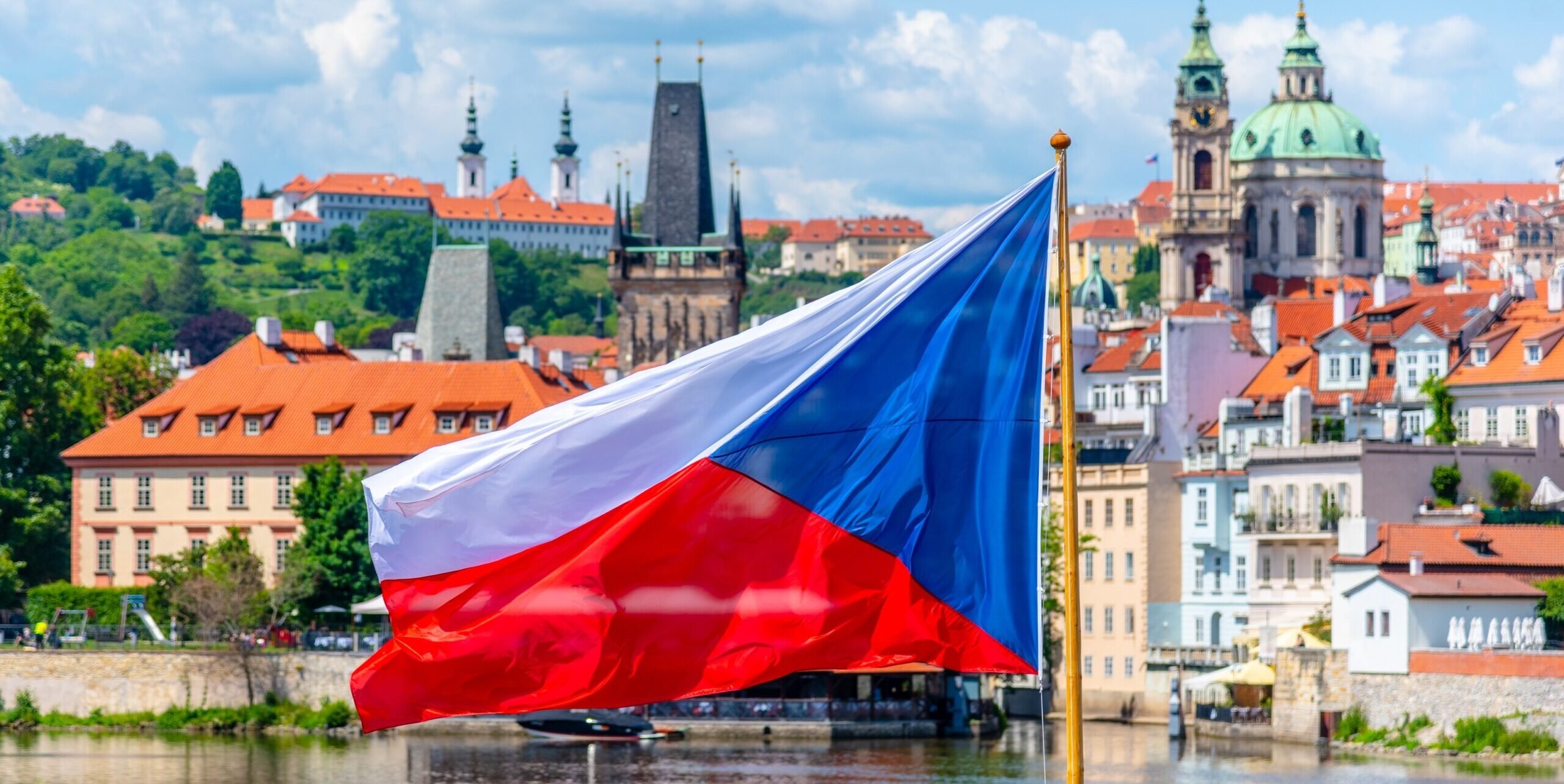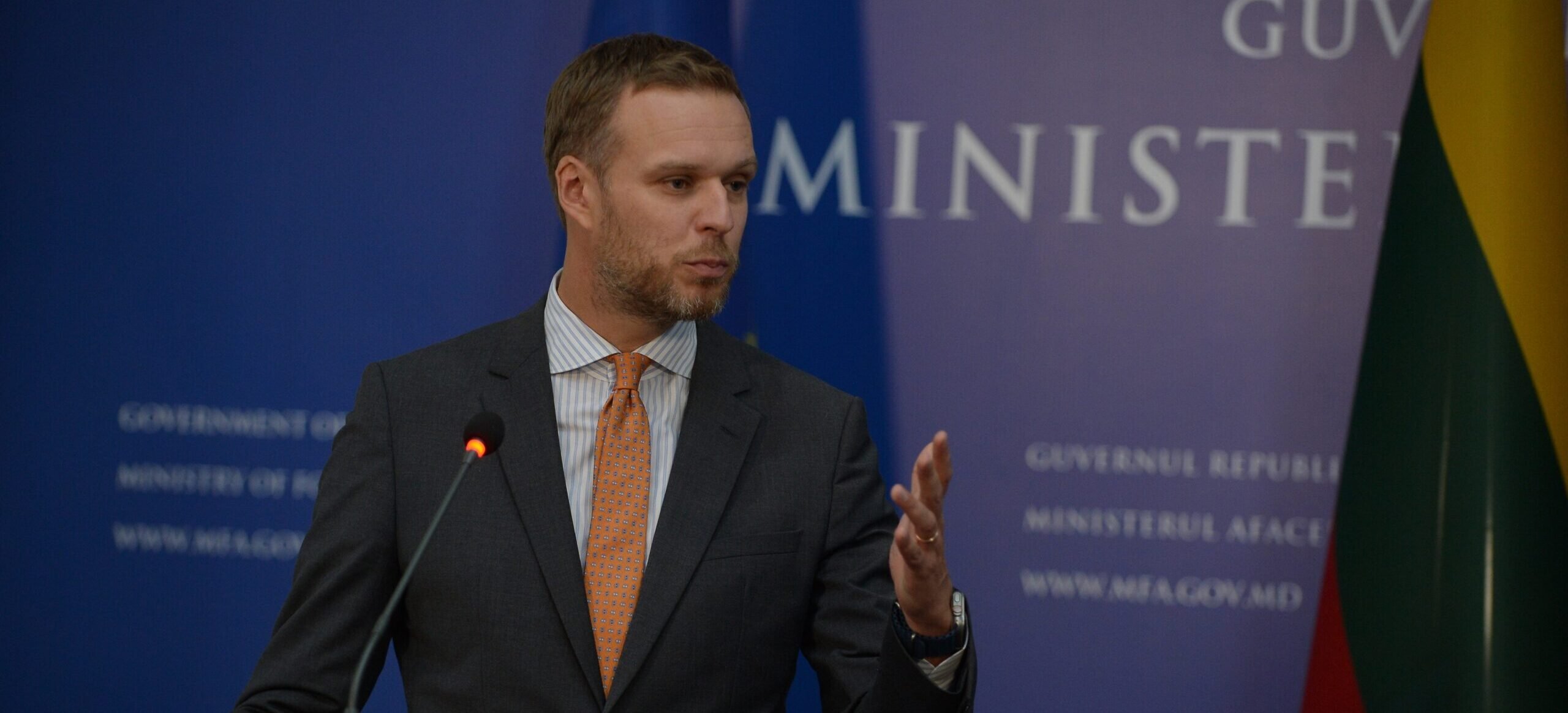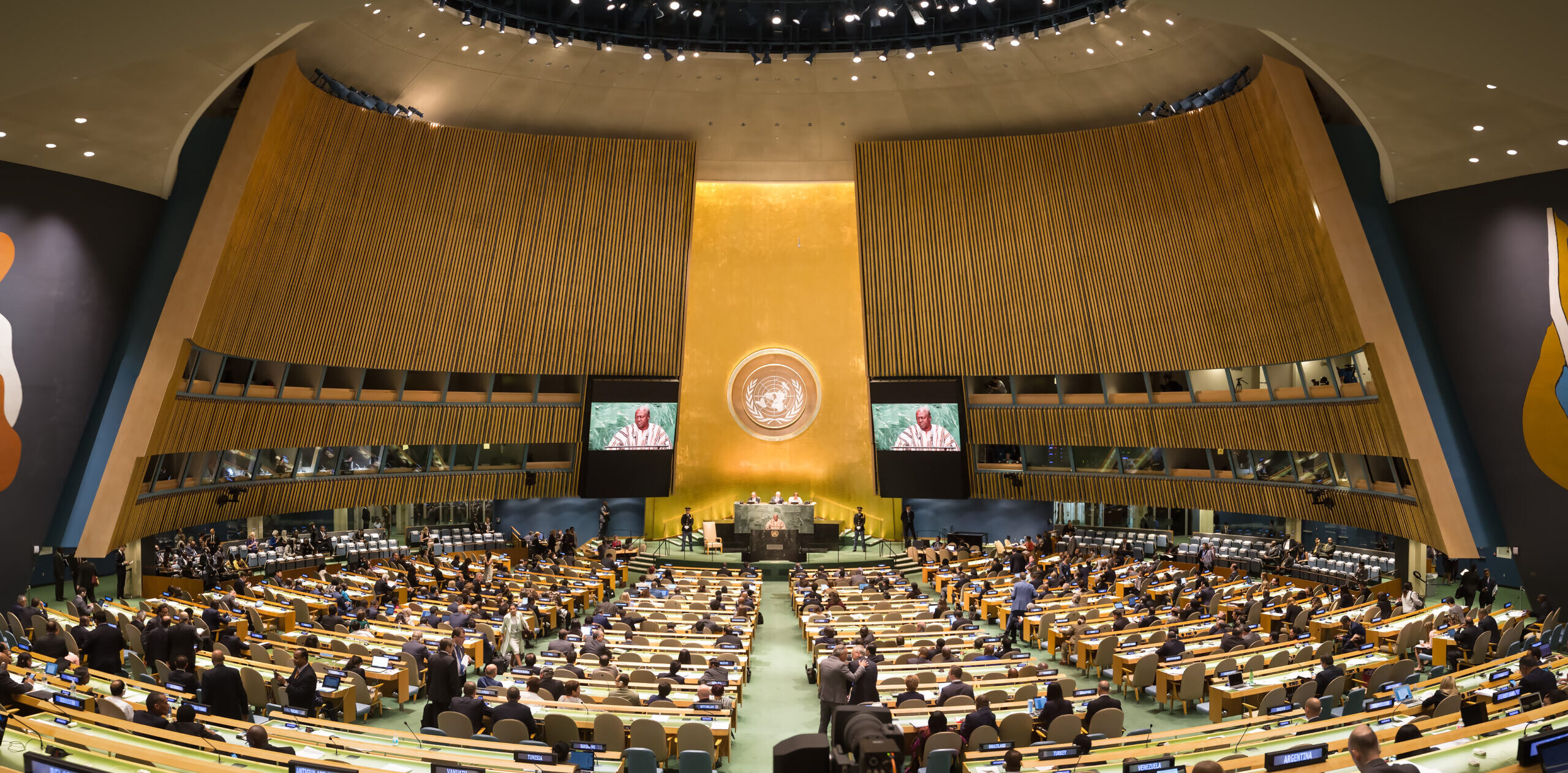

Abstract:
While the geopolitical rivalry between the European Union (EU) and Russia over their common neighborhood has increasingly attracted academic and public attention, relatively little is known of its actual influence on domestic institutions and policies. This special issue aims to address this deficit by investigating the joint impact of the EU and Russia on the domestic dynamics of sectoral reform in neighboring countries (NCs) – a key declared goal of the European Neighborhood Policy (ENP) and the Eastern Partnership (EaP) – in the areas of trade, natural resources, and migration and mobility. It examines the nature of the instruments deployed by the EU and Russia to change domestic reform processes and their impact on domestic actors in the post-Soviet space. This introductory article outlines the key research questions to which answers have been sought by experts in their respective fields and summarizes their key empirical findings in the context of broader conceptual debates. Overall, the contributions to this special issue find a strong disconnect between participation in the EU’s or Russia’s macro-frameworks for regional integration and domestic sectoral reforms. We show that despite the increasing external competition over the post-Soviet space, domestic actors remain the key agents to account for the pattern of change in the contested neighborhood.




